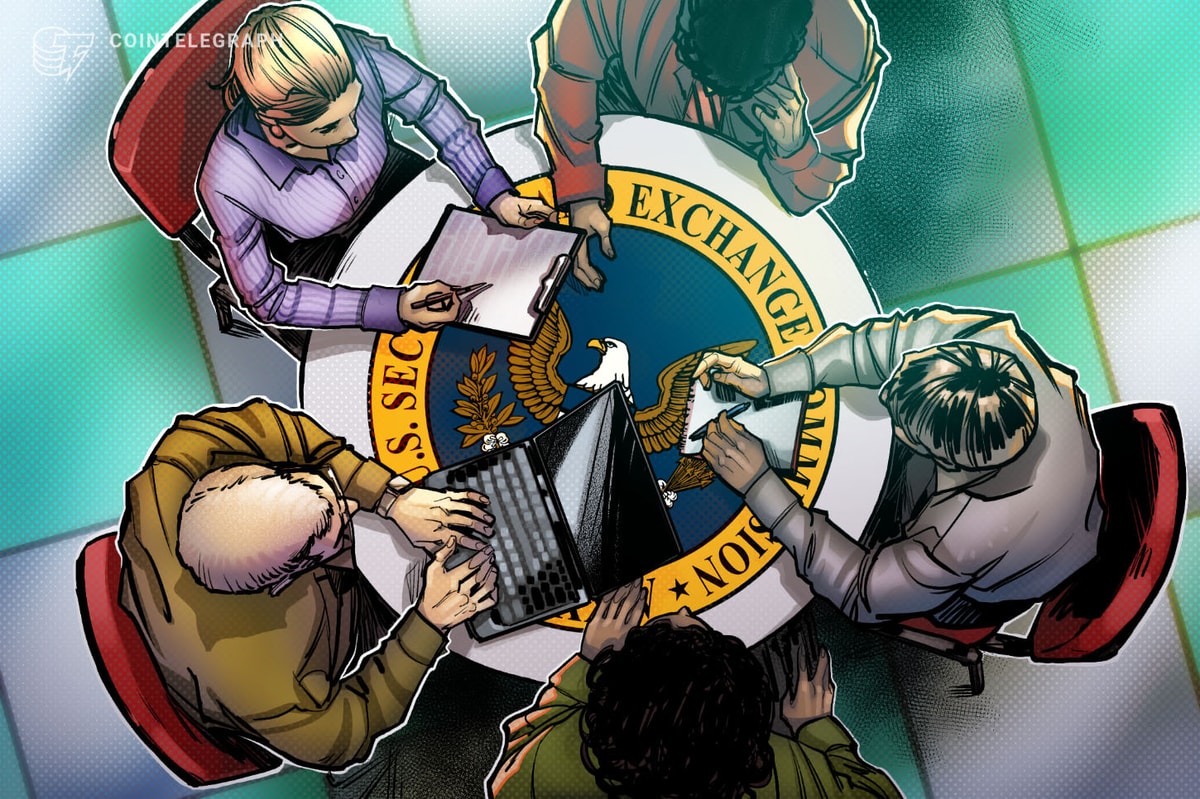
In a bid to provide the online gaming industry with a transparent and provably fair wagering platform, ex-military nuclear bunker and data center operation BunkerChain Labs has reactivated the “War Games” protocol built entirely on the blockchain.
For more than 50 years, the nuclear bunker where BunkerChain Labs operates was used by the Canadian Department of Defense to conduct frequent war games exercises to determine survivability scenarios for nuclear, chemical and biological warfare. It was during the Cold War that a lack of transparency led to a breakdown of trust between countries, and one of the objectives of these games was to find ways to ensure that too much power was never given to any one individual or group.
The new project by BunkerChain Labs, codenamed “Peerplays,” uses a high-speed program called Graphene to automatically connect players from around the world, enabling online gaming and wagering that is highly resistant to cheating.
Two years in the making, the project began with delegated proof-of-stake (DPoS), a decentralized autonomous cooperative organization (DAC or DAO) supporting protocol that was developed by Invictus Innovations, Inc., which later became Cryptonomex, for BitShares in the spring of 2014. A year later, a modified and improved version of the DPoS Graphene was released under the MIT free software license, with some of the Peerplays team taking part in its development.
“The Peerplays team began to design and implement a platform that combines Graphene with a set of smart contracts that enables users to wager and compete in provably fair games, which are hosted directly on the blockchain,” said Michael P. Maloney, Peerplays communications manager, in an interview with Bitcoin Magazine.
It was in the fall of 2015 that Neil Haran, the Peerplays project lead, approached BunkerChain Labs, to discuss the possibility of using blockchain technology to build a transparent and provably fair wagering platform that would eliminate the ability for unchecked “superpowers” to control and manipulate the games.
“Today, the online gaming industry is plagued with accusations of cheating by players and system administrators, but nothing can really be done about it as long as games lack transparency and continue to be hosted by private companies on private servers,” said Maloney.
In order to solve this issue, BunkerChain Labs, took the idea to the developers who helped create Graphene, and who began to design and implement a blockchain-based platform to solve the problem before going public on May 9.
Built on a custom blockchain, Peerplays is possible because of third-party services known as “gateways.”
“Gateways issue tokens backed by Bitcoin onto the Peerplays decentralized exchange, and players can then purchase or redeem these tokens like exchanging money for chips at a casino,” said Maloney. “Right now there are many reputable companies that operate gateways on existing decentralized exchanges like BitShares and NXT.”
Unlike the supercomputer called WOPR in the 1983 hit movie, “War Games,” which mistook a computer game for real-life and almost set off a global thermonuclear war, Peerplays is programmed to remain neutral. As Peerplays is a decentralized network, with no single gaming company gaining an advantage or monopoly over it, it seeks to be a major disruptor to the online gaming industry. However, it’s not limited to on-chain games.
“In fact anyone can plug their website into the blockchain API and Peerplays will manage tournaments and process wagers for third-party games,” said Maloney. “This will help tournament hosting companies to reduce their costs while minimizing the liabilities and risks involved with managing the infrastructure required to operate a centralized gaming and wagering platform.”
Unlike war in the real world, the peer-to-peer war games enabled by Peerplays will ensure that the winner can’t go back and rewrite the official record of what took place, as it is completely open-source and 100 percent transparent. Not only that, but Peerplays will be the first blockchain-based platform that allows users to schedule tournaments, wager funds and play games 100 percent on-chain.
“Anyone in the world with Internet access will be able to use Peerplays to wager and compete, while all their funds are held safely out of reach of any third party,” said Maloney. “Peerplays’ provably fair gaming could help reduce the estimated tens of millions of dollars that fair players lose to cheaters each year.”










